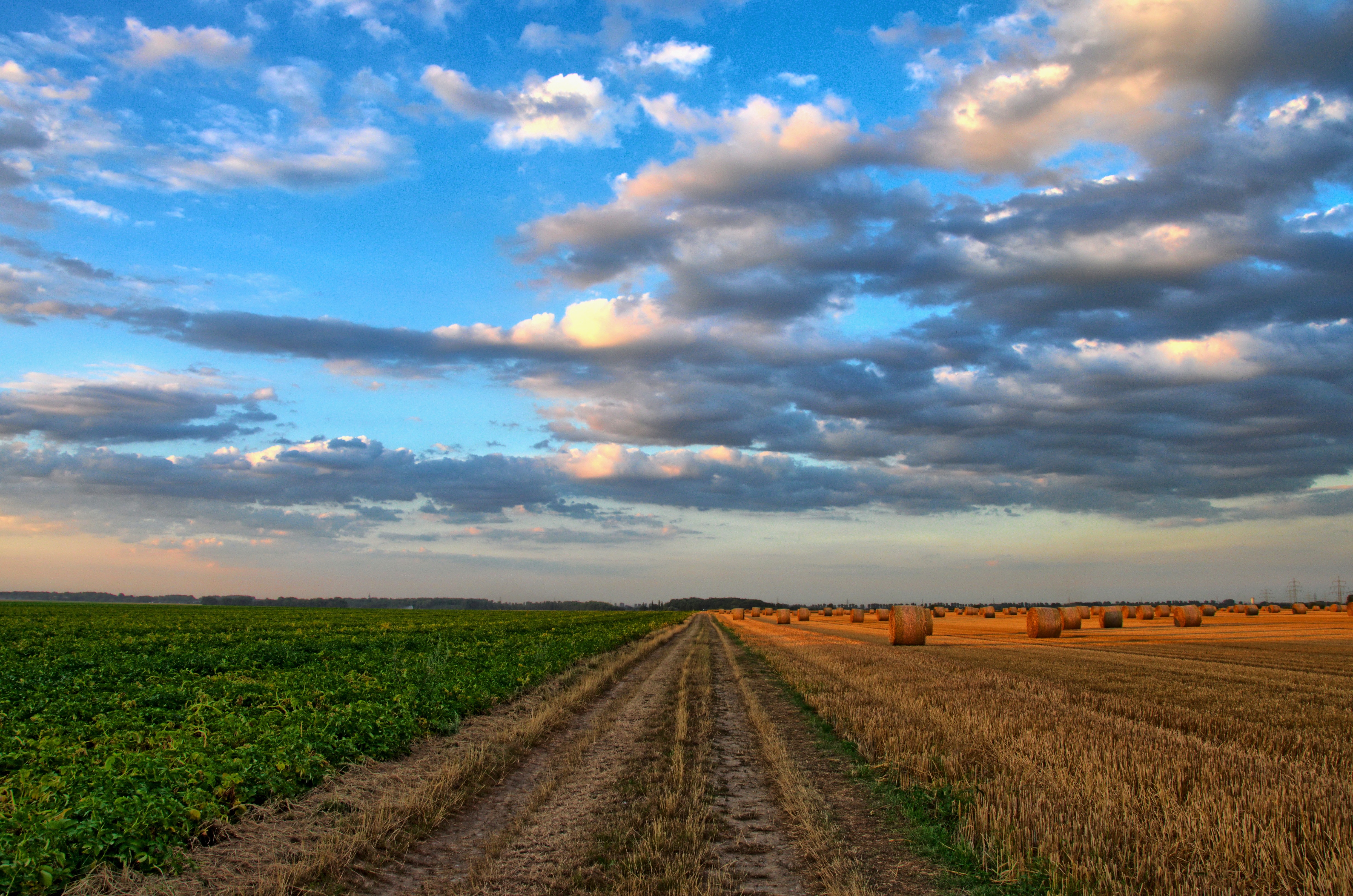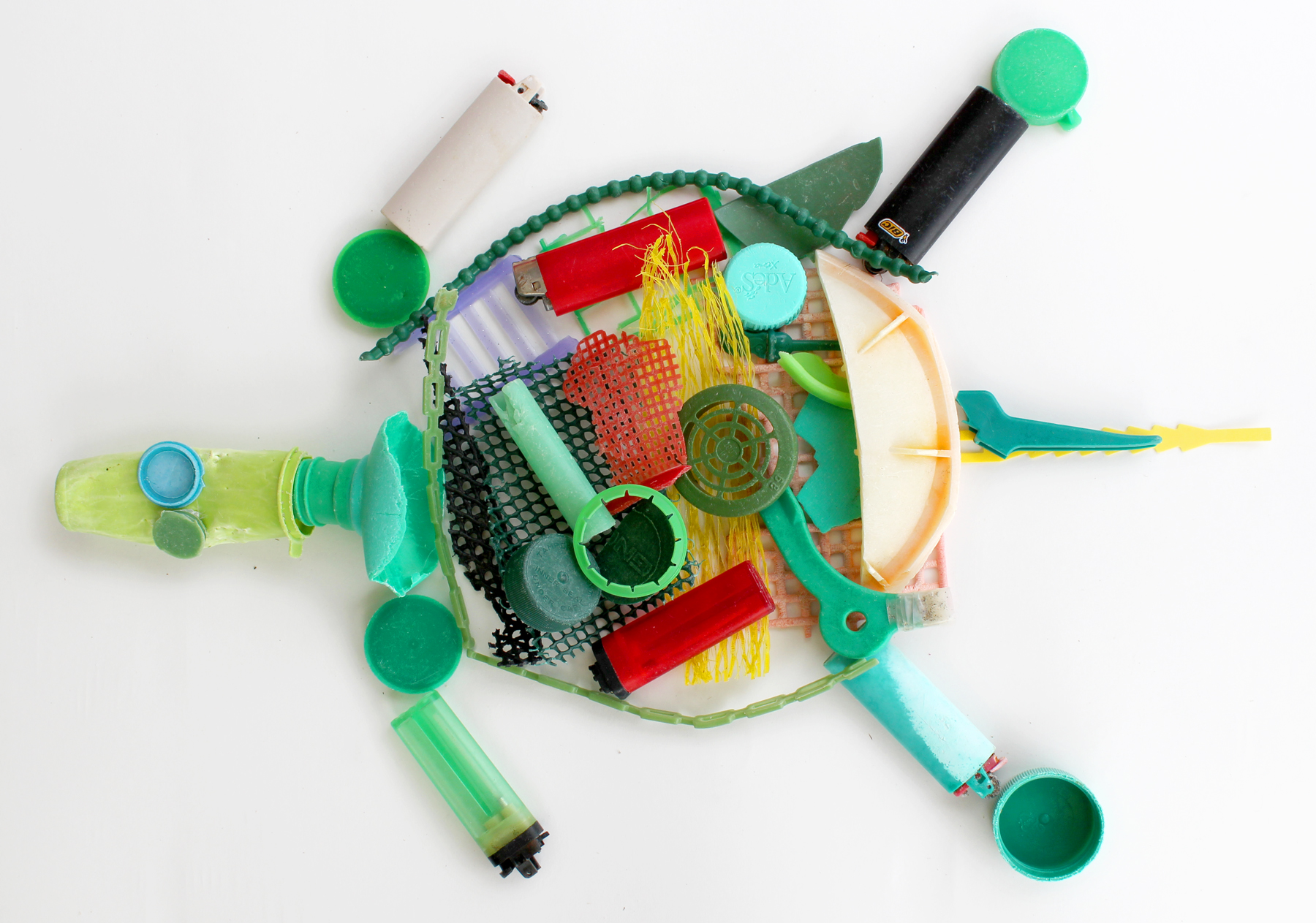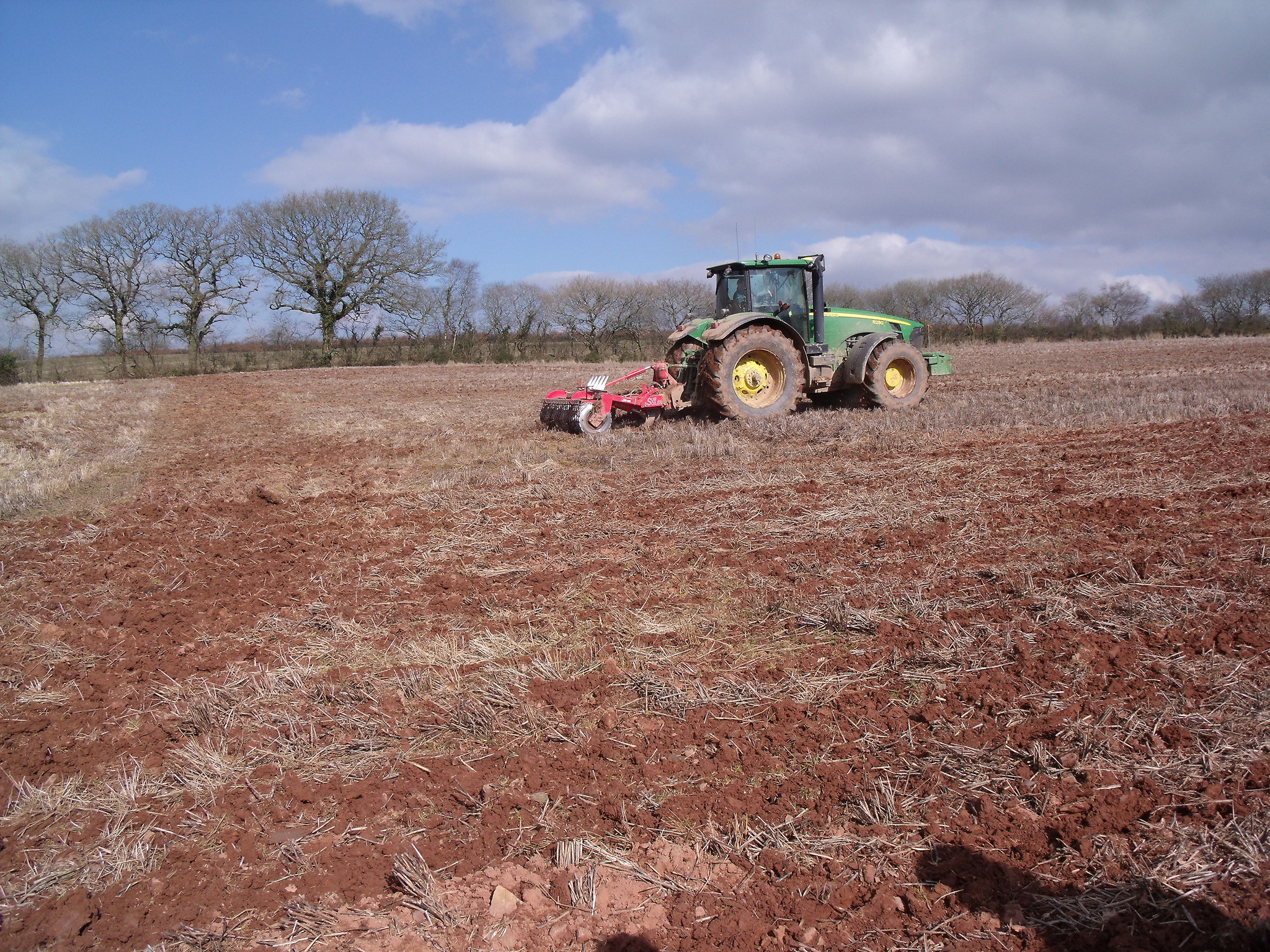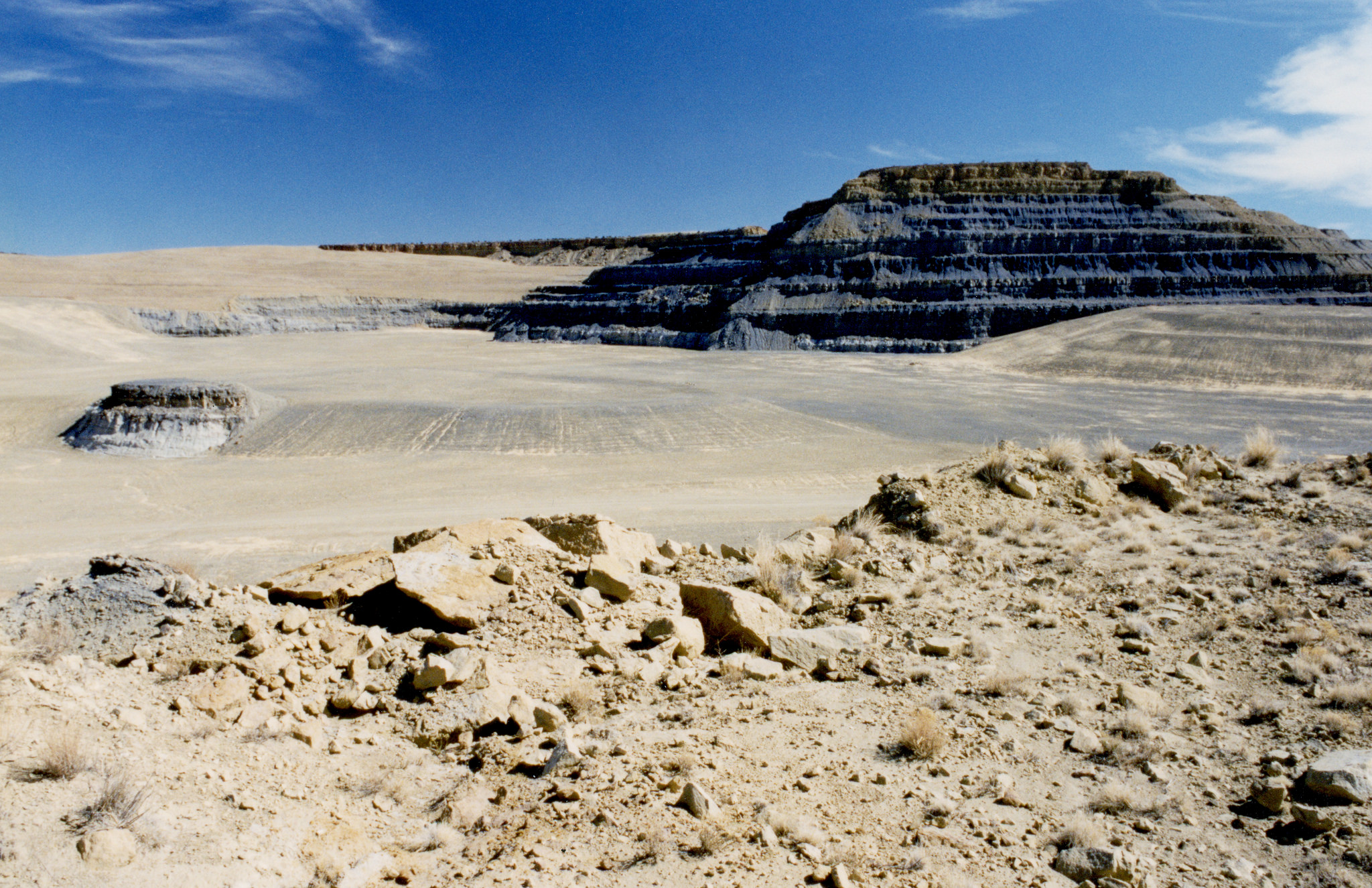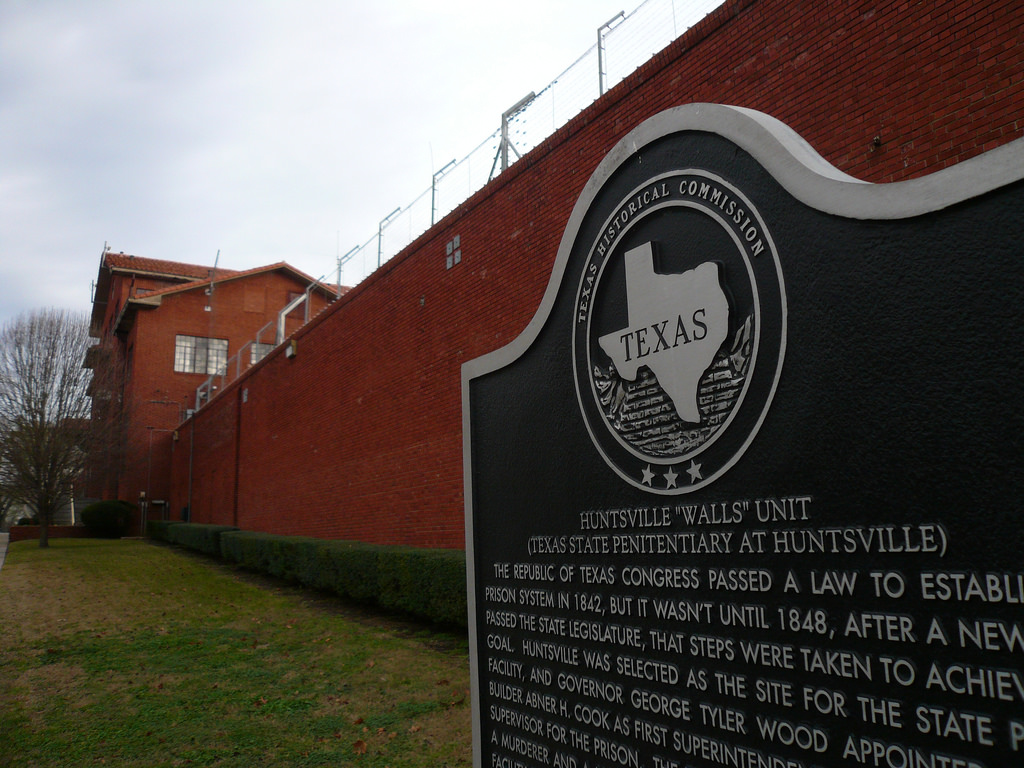Hemp packaging could be a solution to the problem of disposable, single-use paper and plastic.
“The statistics are in: every second … a half acre of trees are cut down,” said Matthew Glyer of Hemp.Press. “7.5 bllion trees for paper alone is not sustainable.”
Every industry is struggling with the growing problem of waste. The legal cannabis industry is no exception. Both medical and recreational dispensaries depend on plastic and foil containers which are used once, then thrown away. For the most part, these materials are not biodegradable. Single-use paper packaging is also commonplace in the industry.
